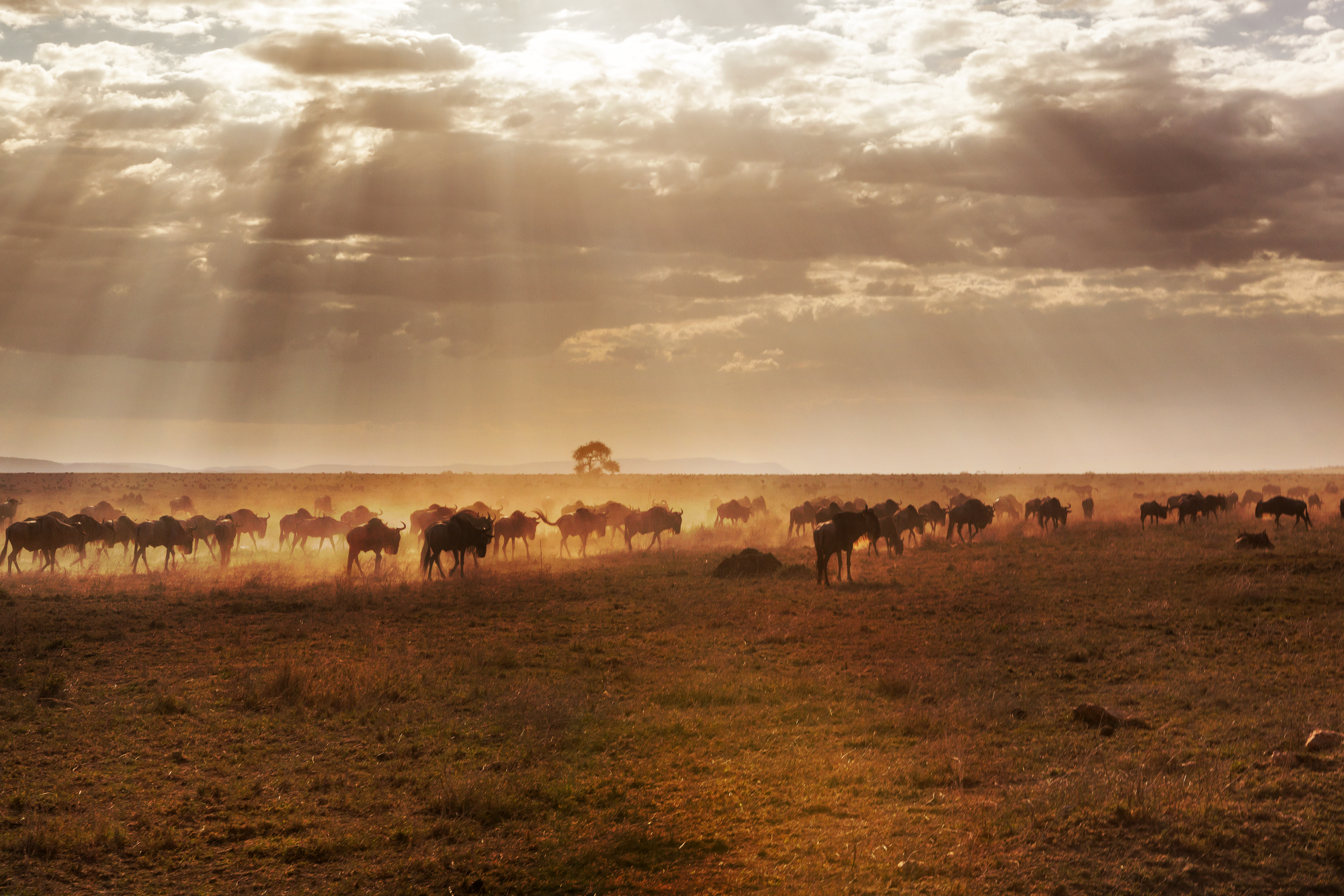A recent study in Bavaria, Germany, highlights how responsible sport hunting can play a key role in forest restoration. Free-ranging deer and wild boar were severely damaging young trees and stalling forest regeneration across the region. In response, Bavaria implemented adaptive game management policies that encouraged higher deer harvests in areas with the most browsing pressure.
The results were striking. Between 2006 and 2009, browsing damage significantly declined in areas where hunting recommendations were followed. This marked the first large-scale success of forest recovery through sport hunting—without the need for fencing or drastic intervention.
The study shows that when guided by data and local cooperation, sport hunting can be a powerful conservation tool. By managing ungulate populations, hunting helps protect biodiversity, restore ecosystems, and promote healthy forest growth. Bavaria’s approach proves that conservation and hunting are not at odds—in fact, they can work hand-in-hand.
This model offers a blueprint for other regions: strategic, science-based hunting policies can restore balance between wildlife and forests, ensuring long-term ecological health.

